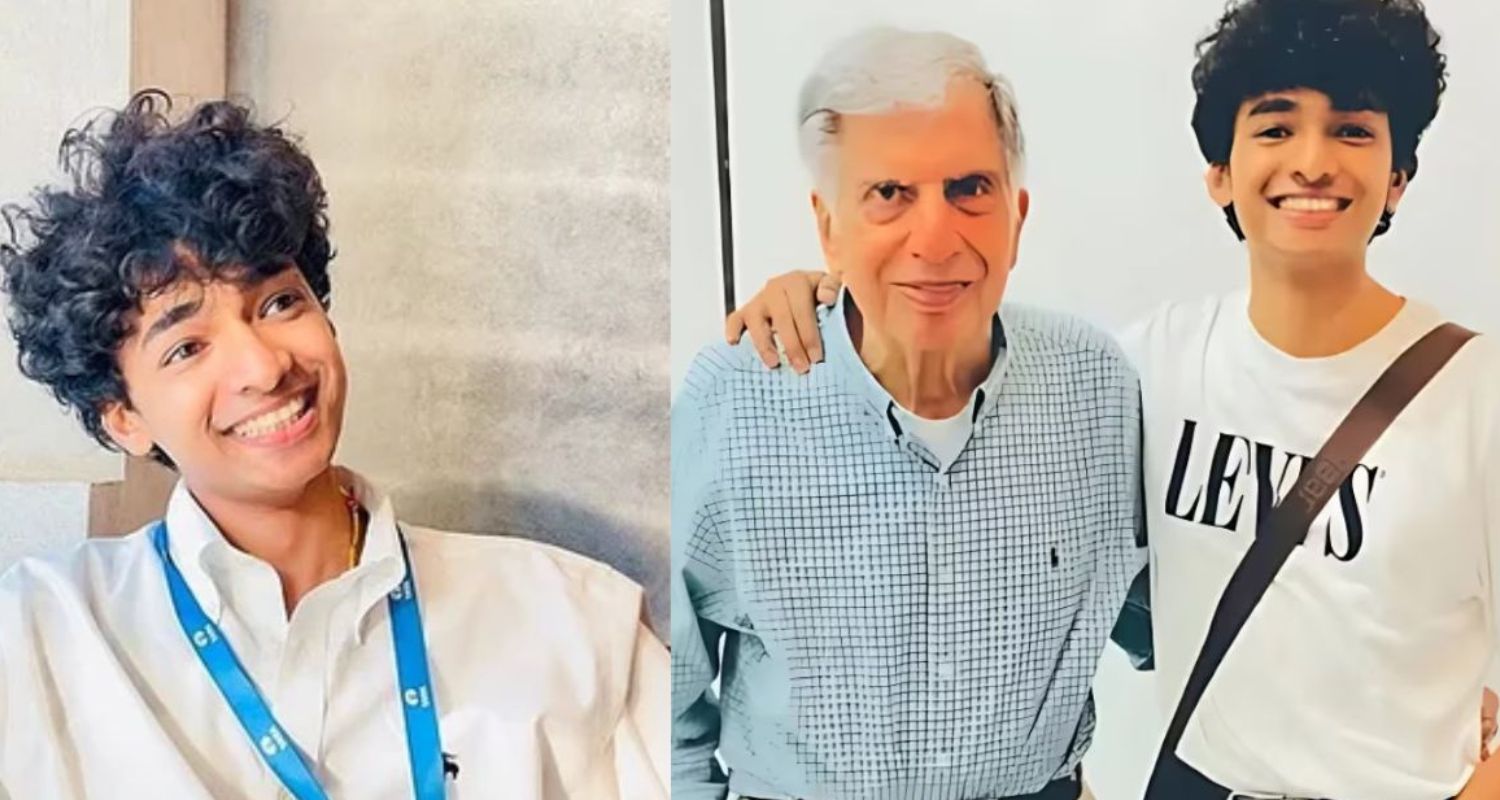Back in the year 2000, in the heart of Copenhagen, Denmark, a man named Ronni Abergel had an unusual yet powerful idea: what if we could “borrow” a human instead of a book? And simply sit with them — listen to their story, ask questions, understand their life. This idea gave birth to the Human Library, first launched at the Roskilde Music Festival, where over 1,000 people participated.
Here, real people became “books” — individuals with life experiences that often face judgment or misunderstanding: refugees, LGBTQ+ individuals, survivors of abuse, those battling mental illness, former gang members, and more. You could borrow a “book” for 30 to 60 minutes and have an honest, respectful conversation. No lectures, no agenda — just one-on-one connection. The goal? To break prejudice. To soften assumptions. To make us realise that behind every label is a human story.
Over the past 25 years, this quiet revolution has reached over 85 countries — from Melbourne to Mumbai, from Nairobi to New York. Universities, libraries, corporate offices, schools, and even community gatherings now host Human Library sessions in many parts of the world. And it keeps growing because, as Ronni says, “You can’t hate someone whose story you know.”
In India too, similar sparks of empathy have lit up.

In a world that often overlooks its elders, Shantanu Naidu, who shared a rare friendship with Late industrialist Ratan Tata, decided to notice. Deeply moved by the loneliness faced by senior citizens, he created Goodfellows — a startup that pairs young graduates with elderly people who live alone, offering friendship, emotional support, and simple companionship. Whether their children have moved away or they’ve lost loved ones, many seniors carry invisible silences. Goodfellows gives them someone to talk to, laugh with, share meals and memories. What started as a heartfelt idea received warm backing from none other than Ratan Tata, who not only mentored Shantanu but supported the venture — showing that business and compassion can walk hand in hand.
And in Mumbai, the Talk To Me initiative began as a gentle social experiment. Volunteers wear badges that say “Talk to Me” in public spaces like trains and parks, inviting strangers to strike up a conversation. A small badge, but a big reminder: that loneliness doesn’t always wear a visible face, and sometimes, a few words can shift someone’s entire day.
Then there’s the Listening Bench in the UK — a public bench marked with the words “I’m here to listen.” Trained volunteers simply sit, open to conversation with anyone who wants to talk. A stranger, yes, but sometimes the most comforting one.
These are not grand revolutions. They are quiet ones. But they matter. Because in a fast-moving world, where it’s easy to feel unseen, unheard, or alone, these human-scale efforts remind us that hope can start with a conversation. Those small steps, a story shared, a hand held, a moment of listening, can bring someone back to life.
In the end, it’s not always policies or programmes that change the world, sometimes, it’s people like you and I.



